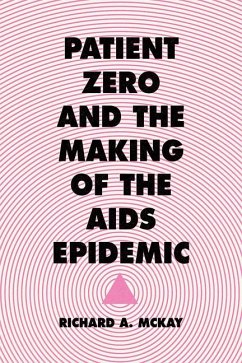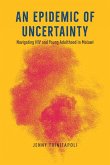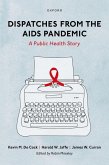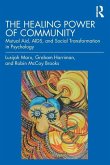Much has been written about Gaetan Dugas, the sexually insatiable French Canadian flight attendant who came to be known as "Patient Zero," the man who has been blamed for sparking the AIDS epidemic in the United States. Newspapers around the world picked up on journalist Randy Shilts's narrative of Dugas as the "Quebecois version of Typhoid Mary." But late in October of 2016, newspapers around the world galvanized again, this time picking up on a stunning development: it turns out that the AIDS virus was circulating within U.S. borders a full decade before it was officially recognized in 1981. Two researchers for Nature made the announcement that Dugas was not the source of the pandemic in North America. New techniques of RNA analysis allowed for assembling the complete HIV genome and tracking its history. One of the two researchers is our historian author, Richard McKay, and he has now come forward to tell the full story of how the idea of an epidemic's "Patient Zero" swiftly came to exert such a strong grip on the scientific, media, and popular consciousness. This book does a spectacular job of reconstructing the role of Gaetan Dugas, surely the most demonized patient in history, and of how institutions like the CDC created meaning and allocated blame when dealing with a new epidemic disease. There is truly riveting biographical material here about Dugas and also about Shilts, all from primary written and oral sources. McKay illuminates powerful ruptures within the LGBT community that were laid bare by the AIDS epidemic, and he gives us the first holistic account of responses to that epidemic, expanding our knowledge of VD surveillance in mid-20th century as well as imparting intimate understanding of the illness experience of Dugas, who died in 1984. A potential publicity bonanza, Patient Zero is myth-smashing revisionist history at its best.
Bitte wählen Sie Ihr Anliegen aus.
Rechnungen
Retourenschein anfordern
Bestellstatus
Storno








